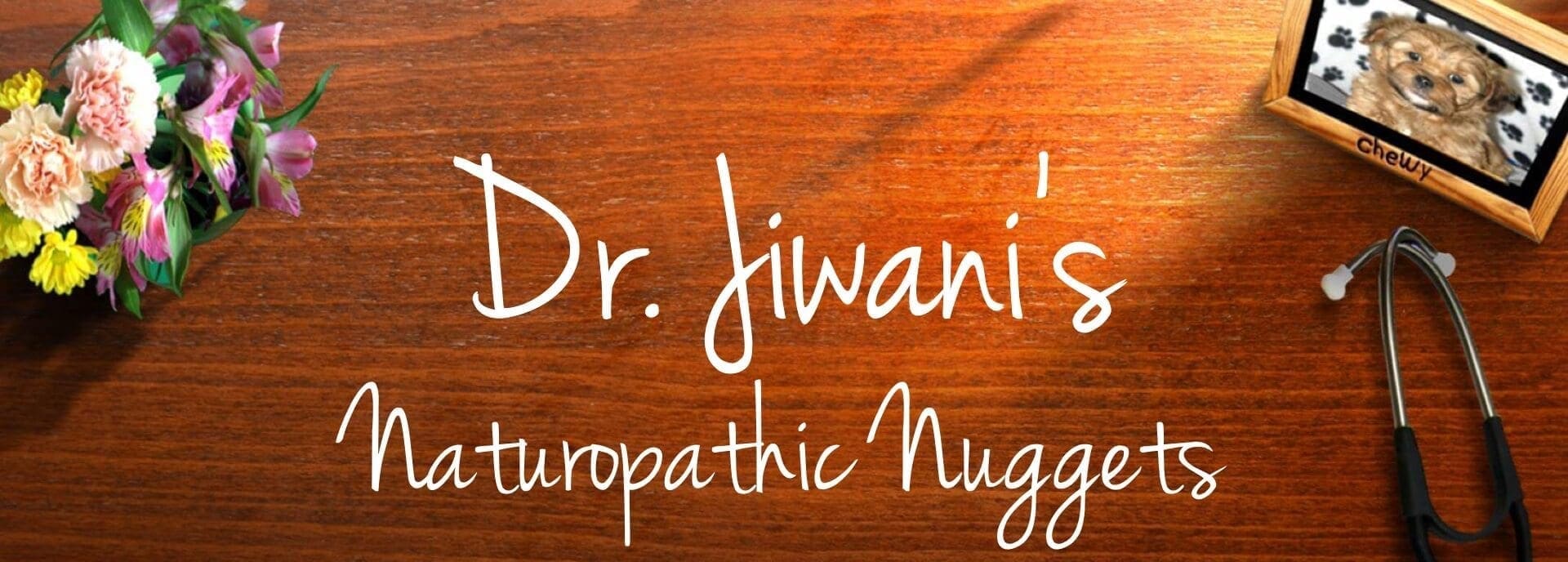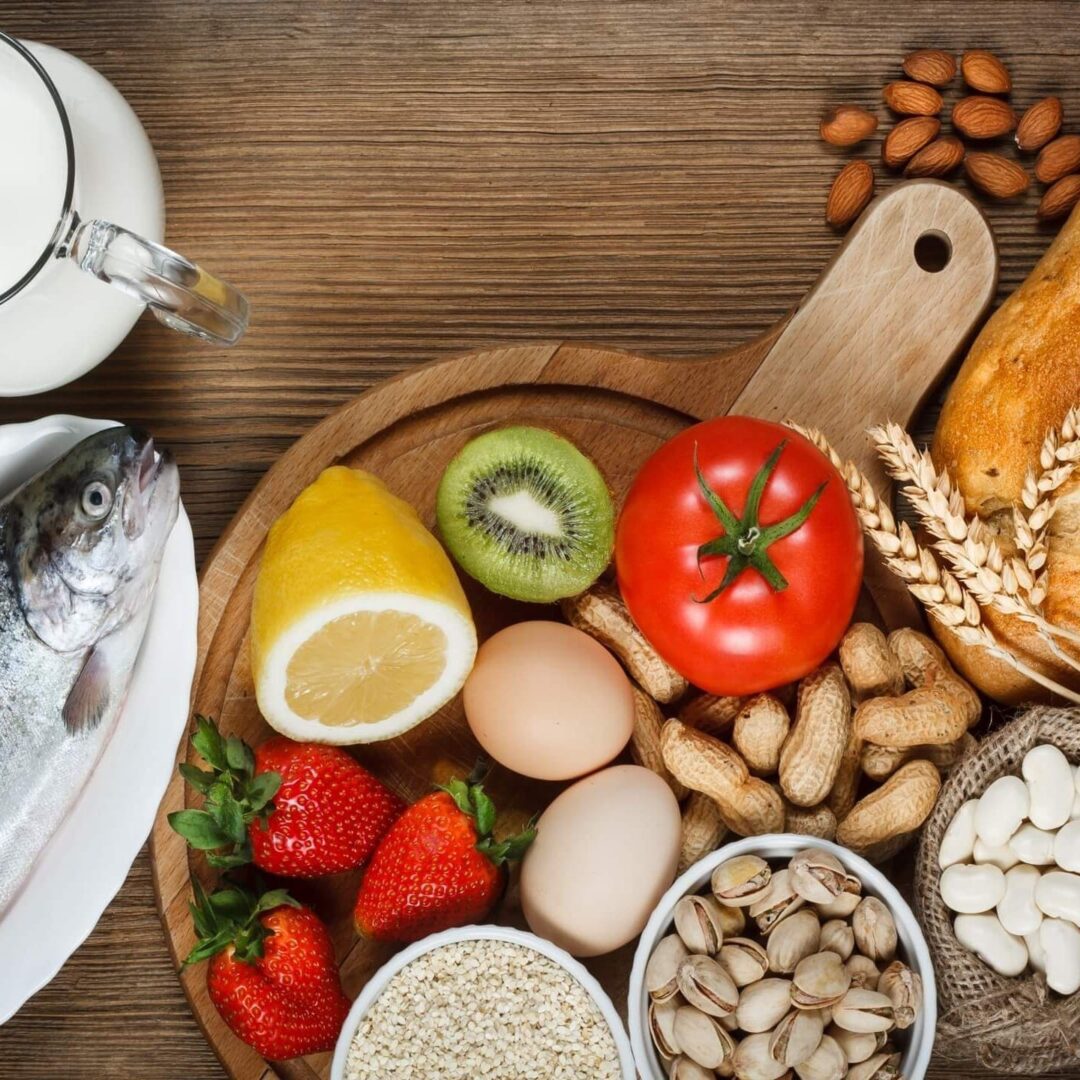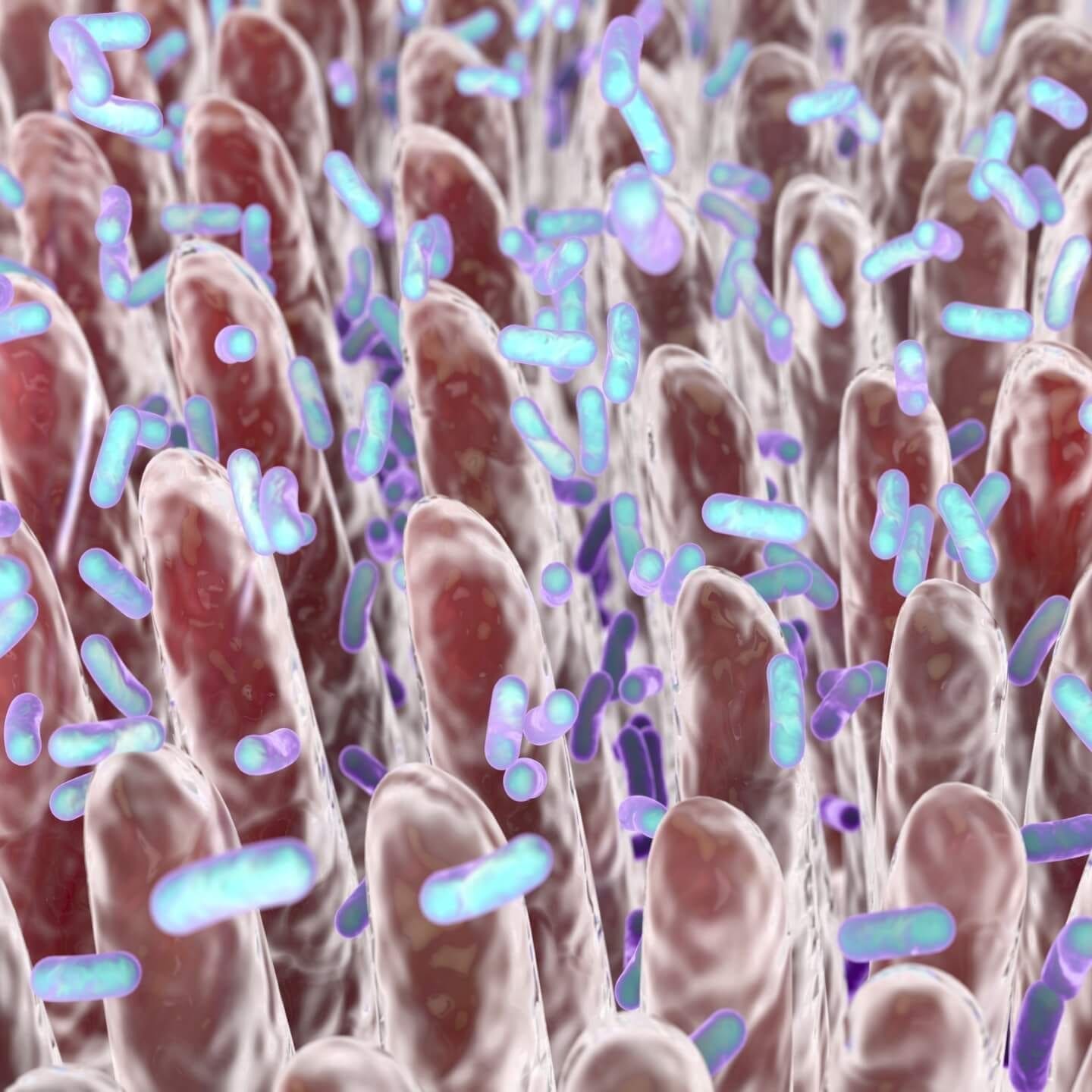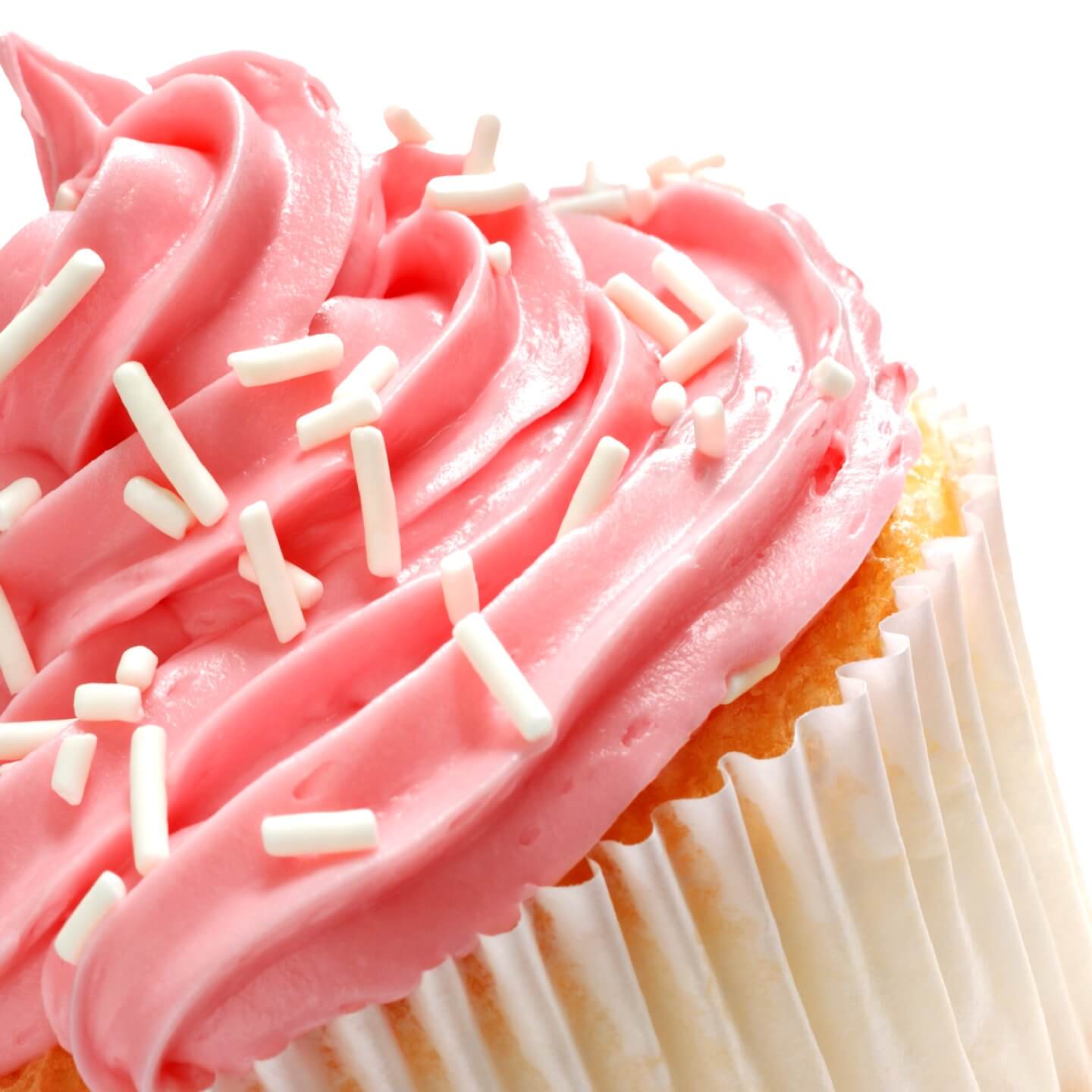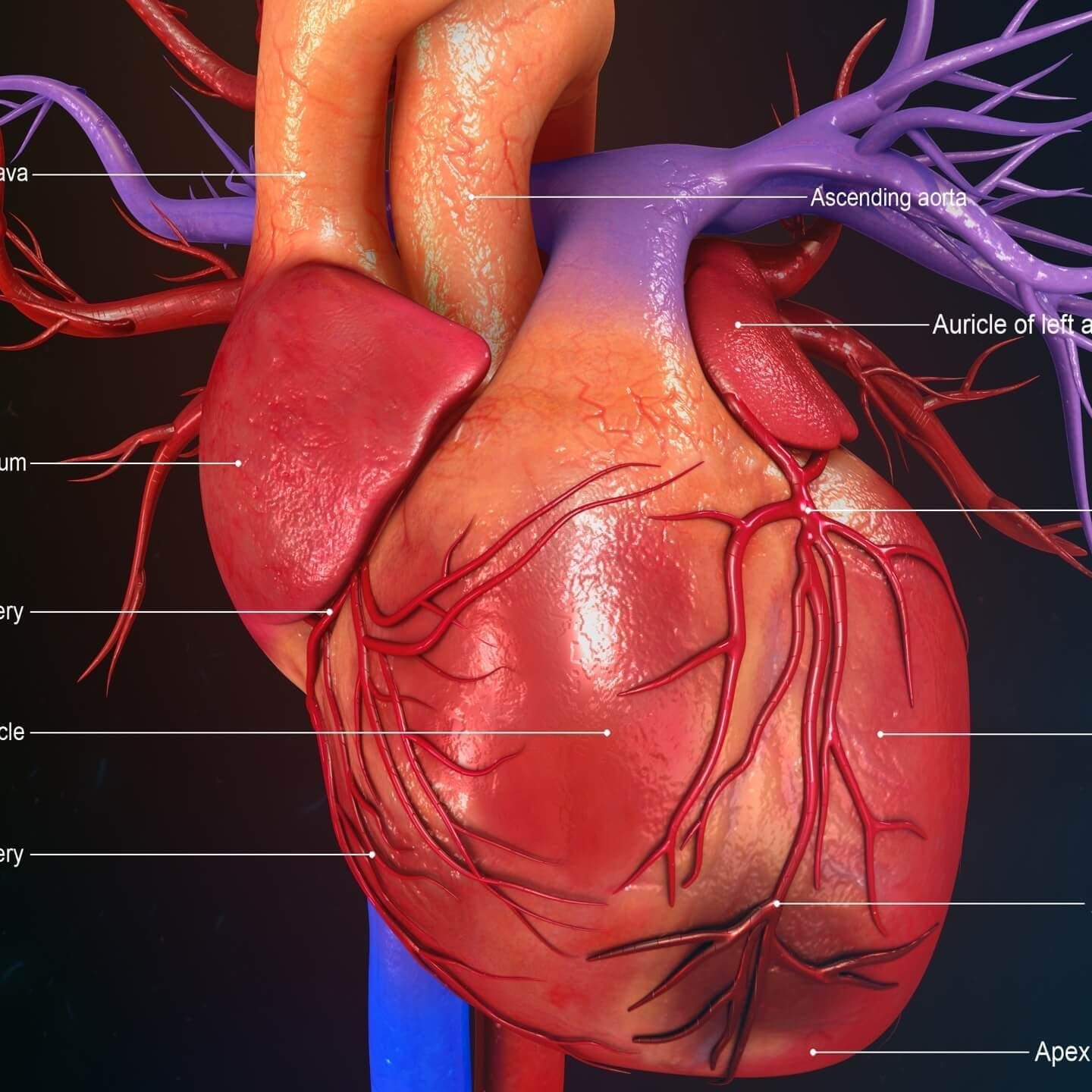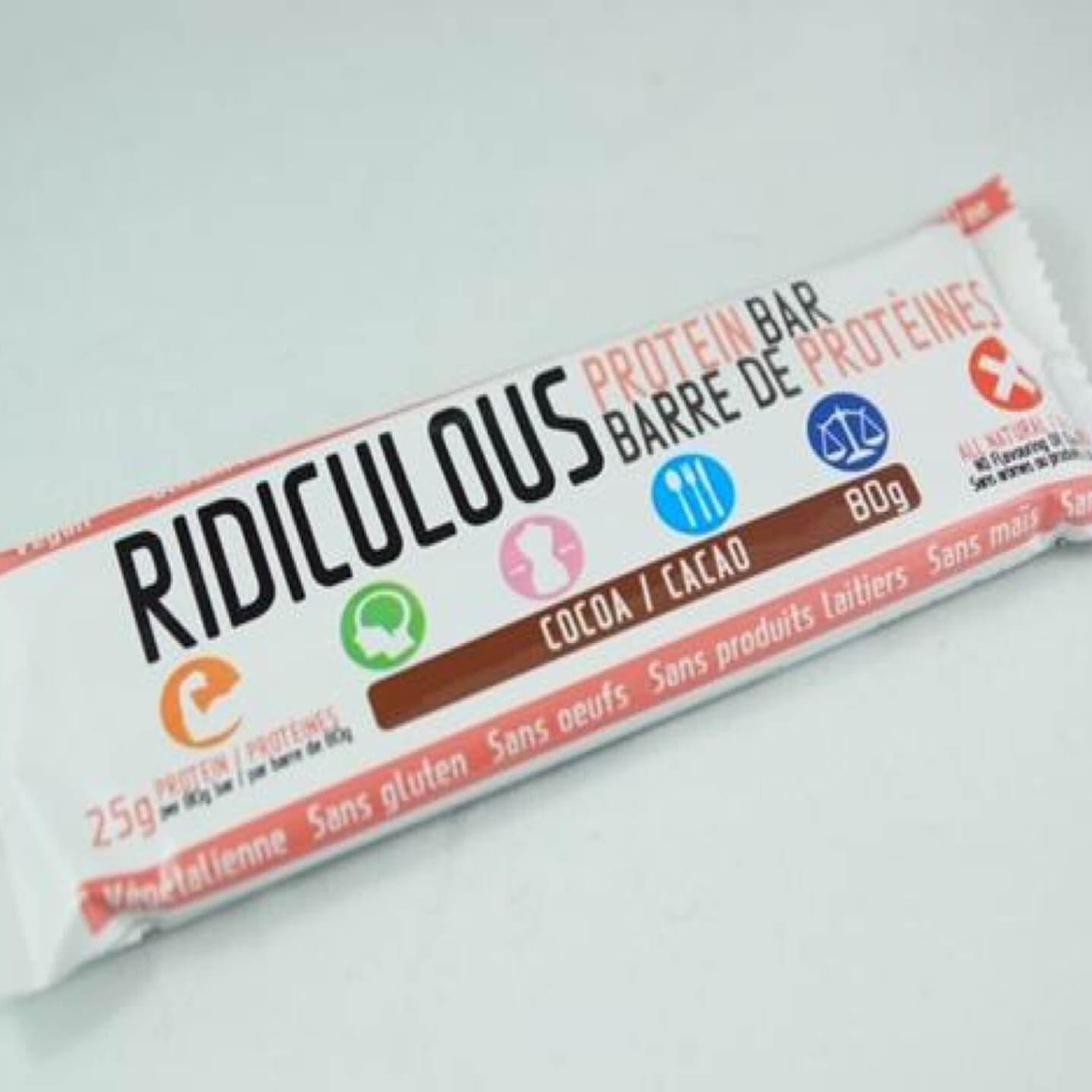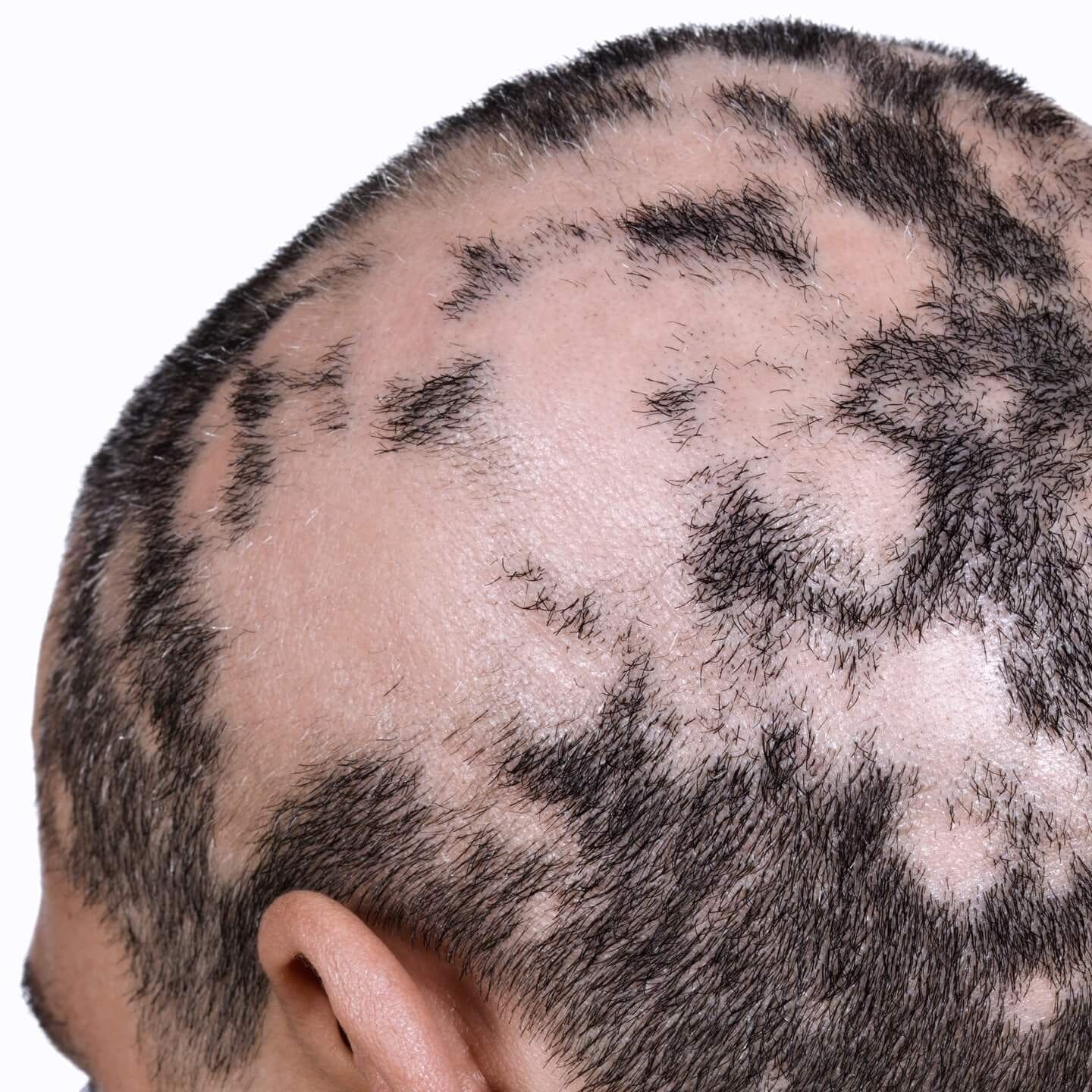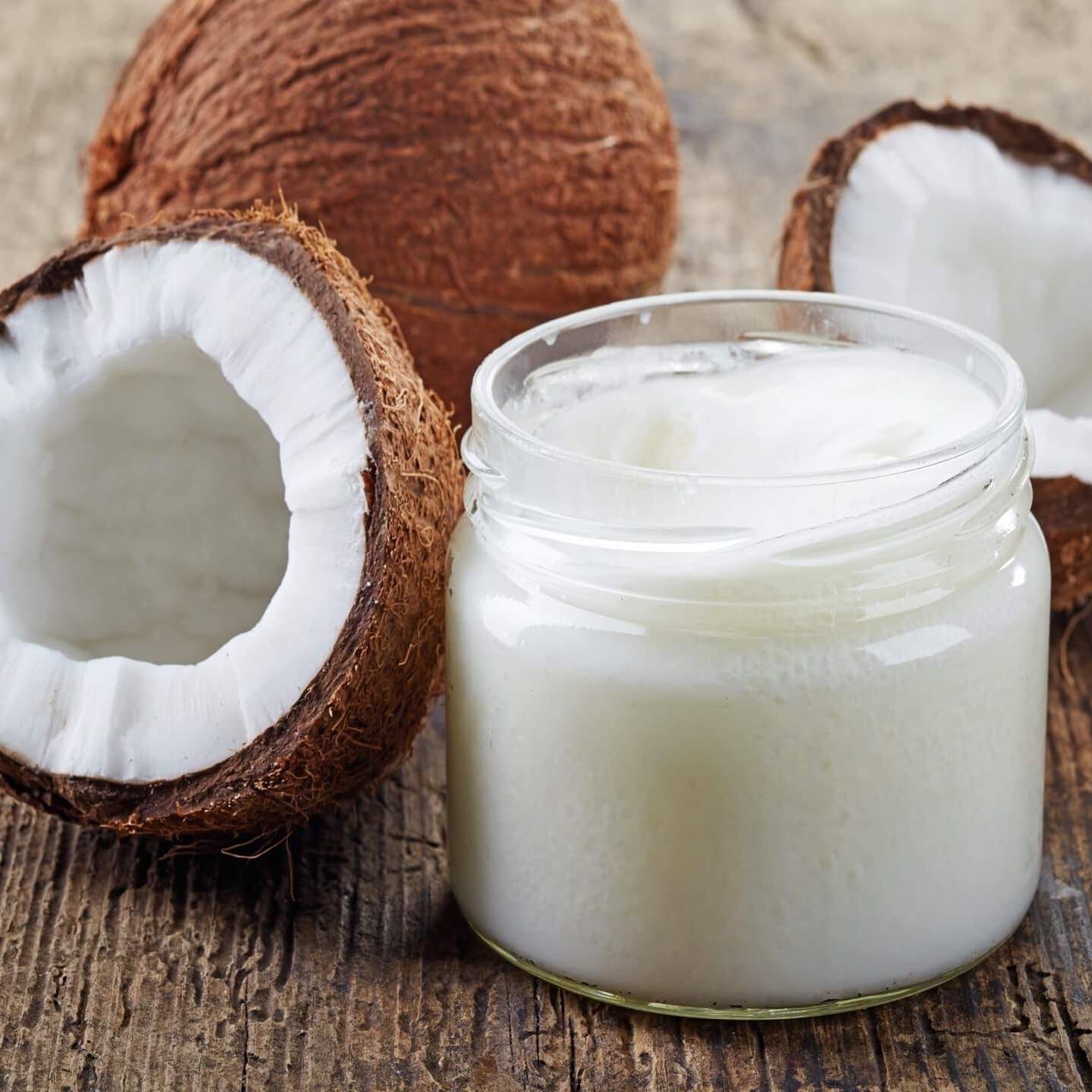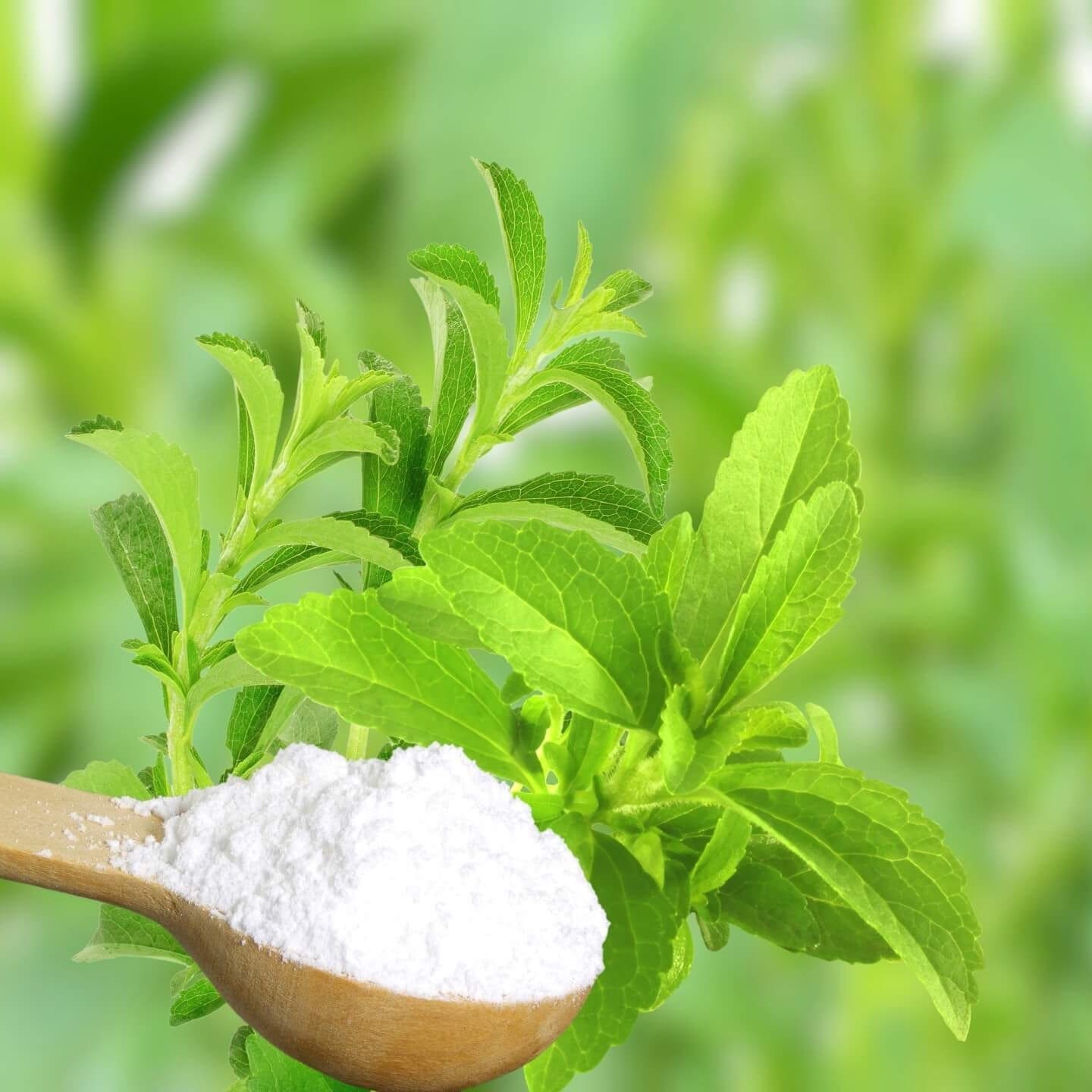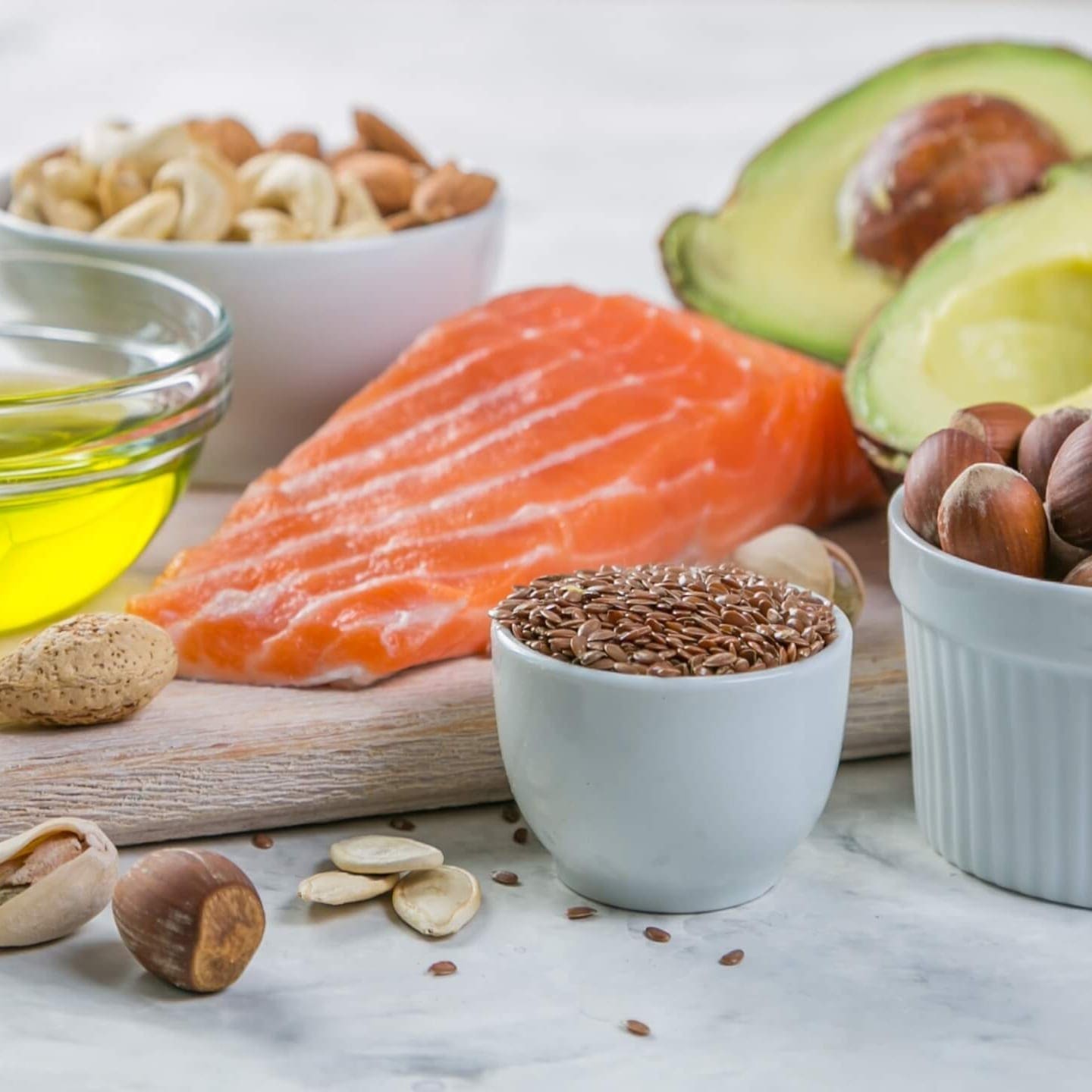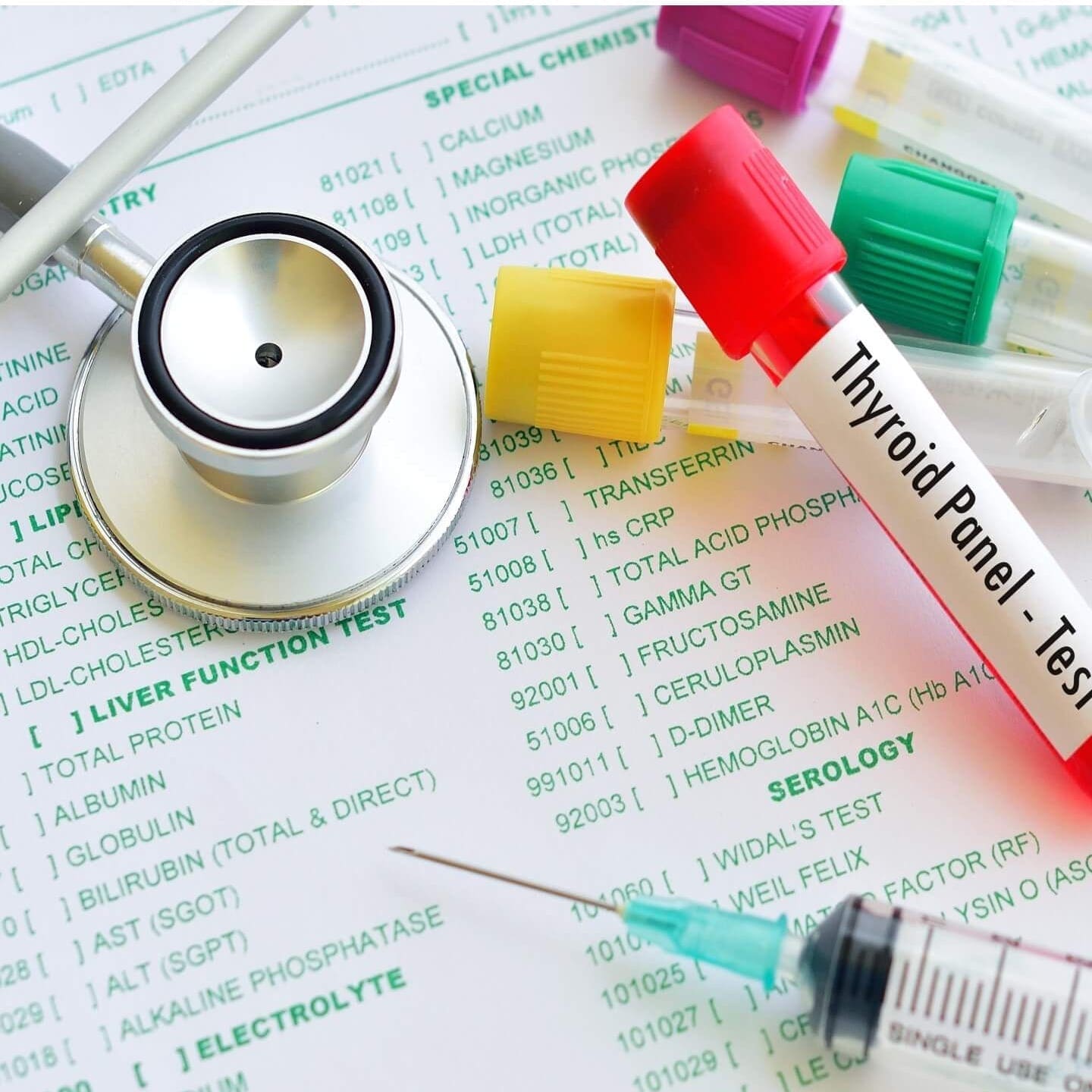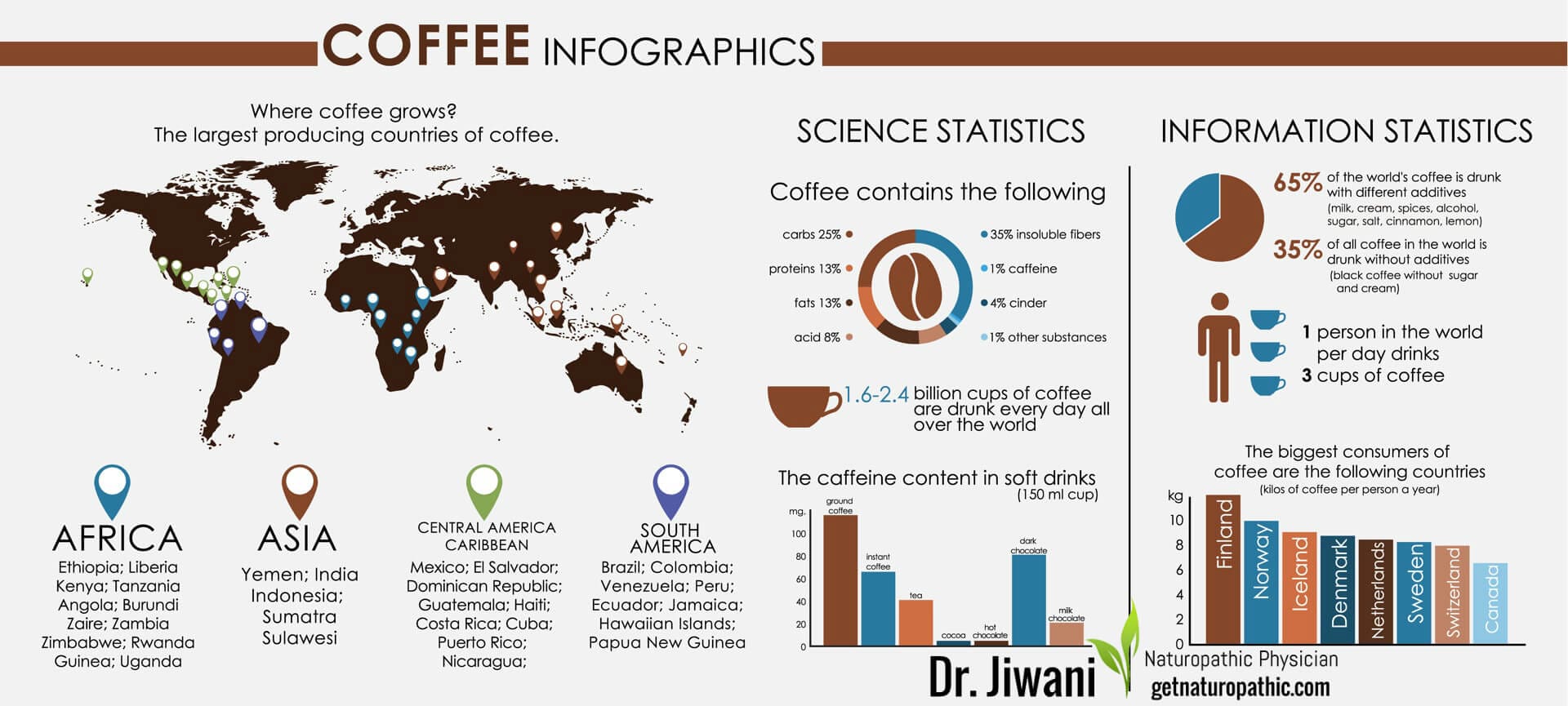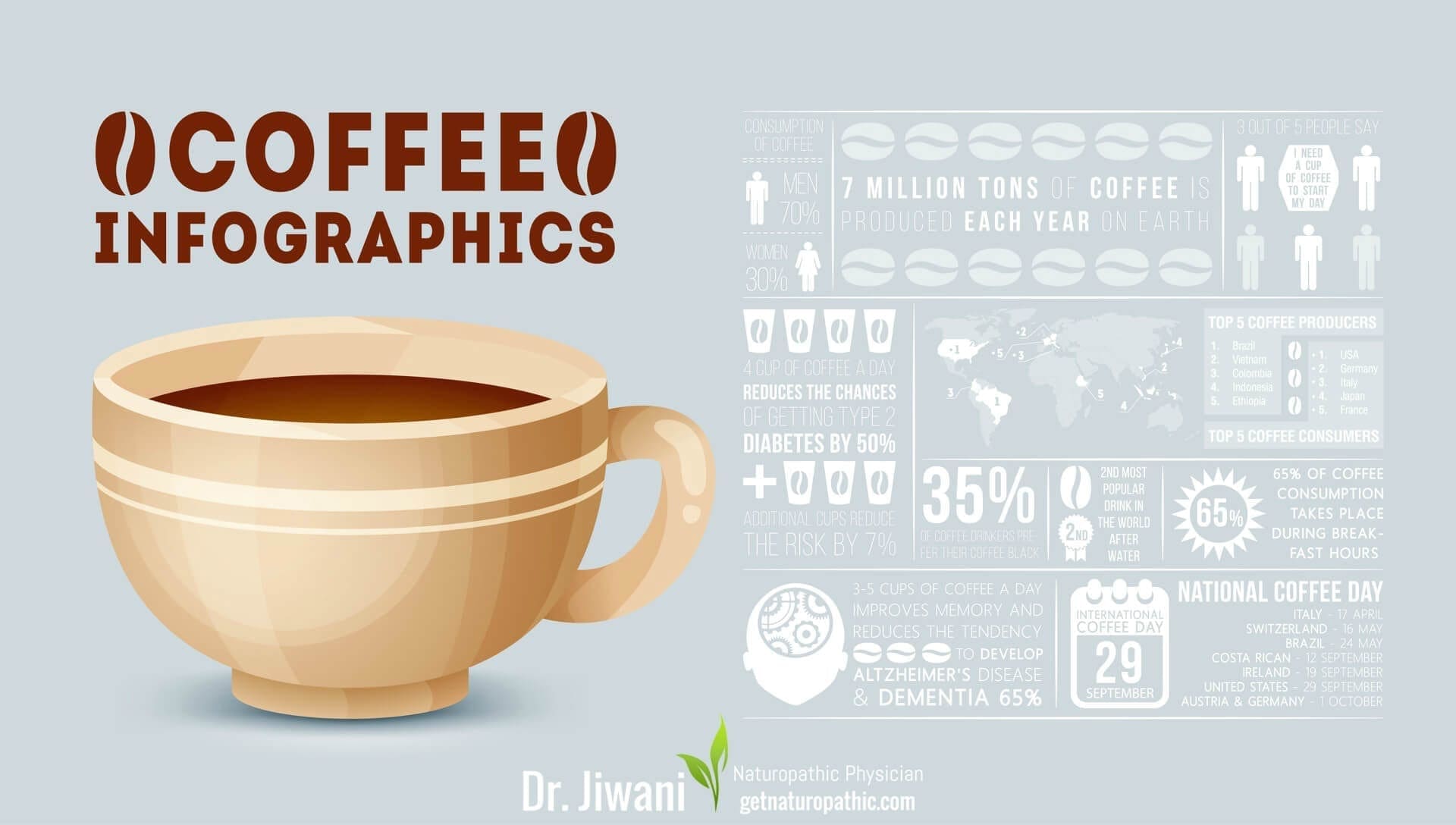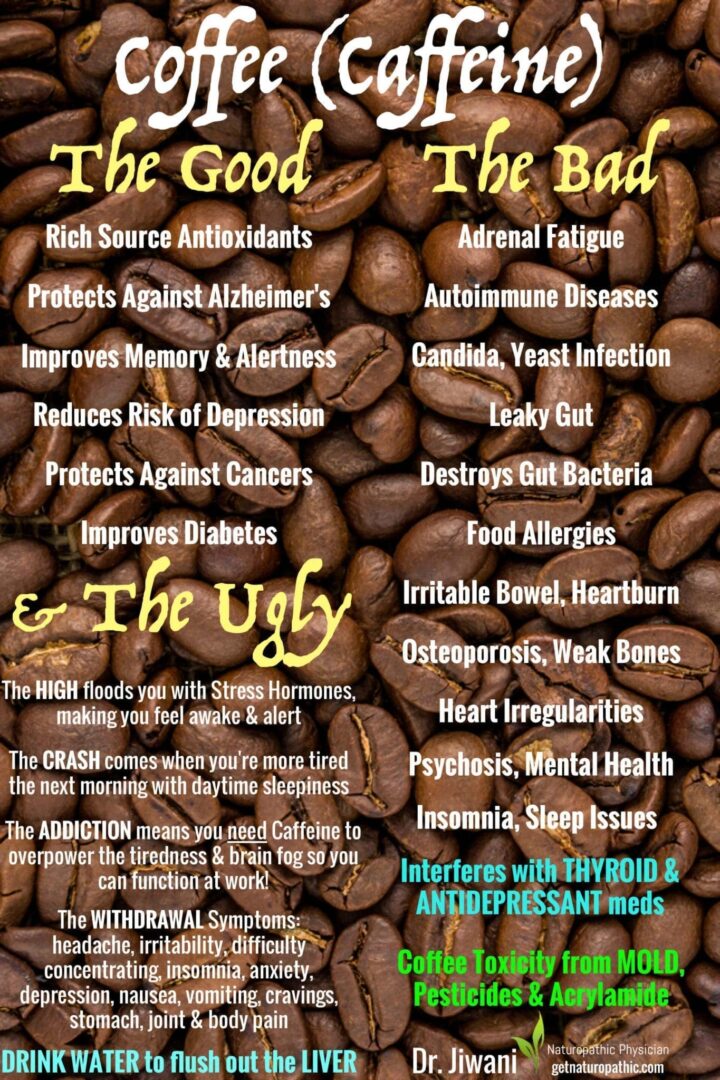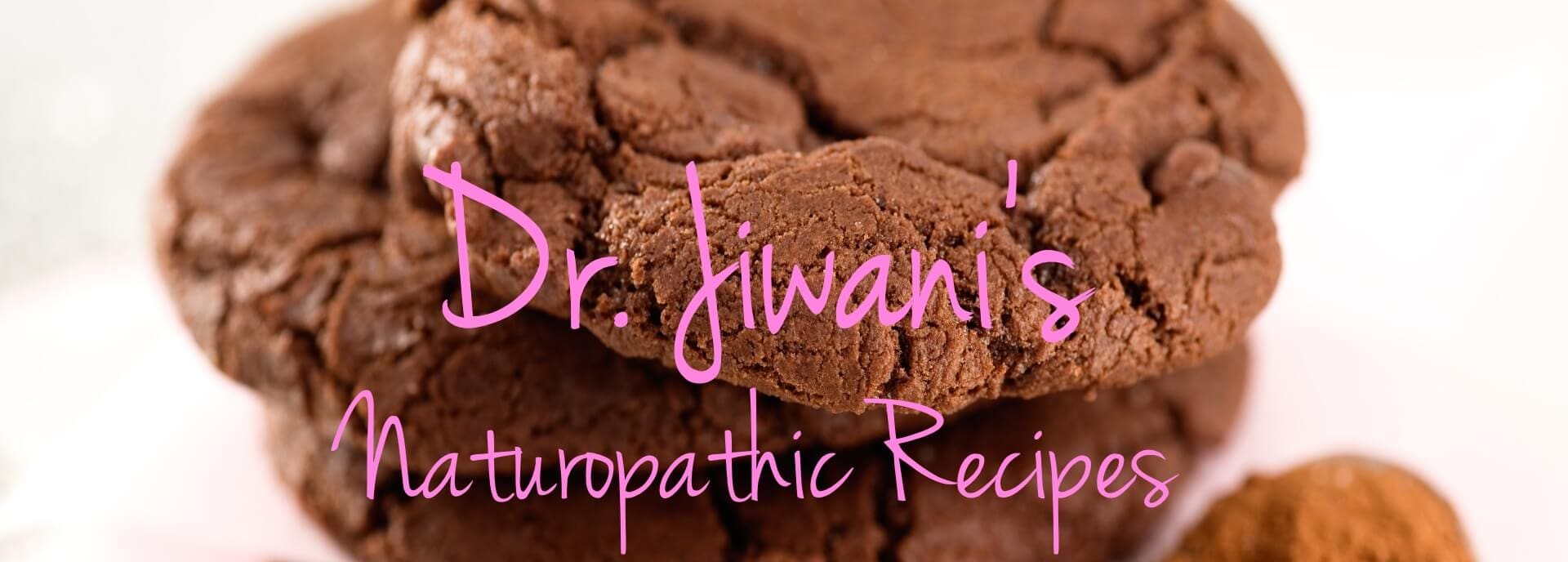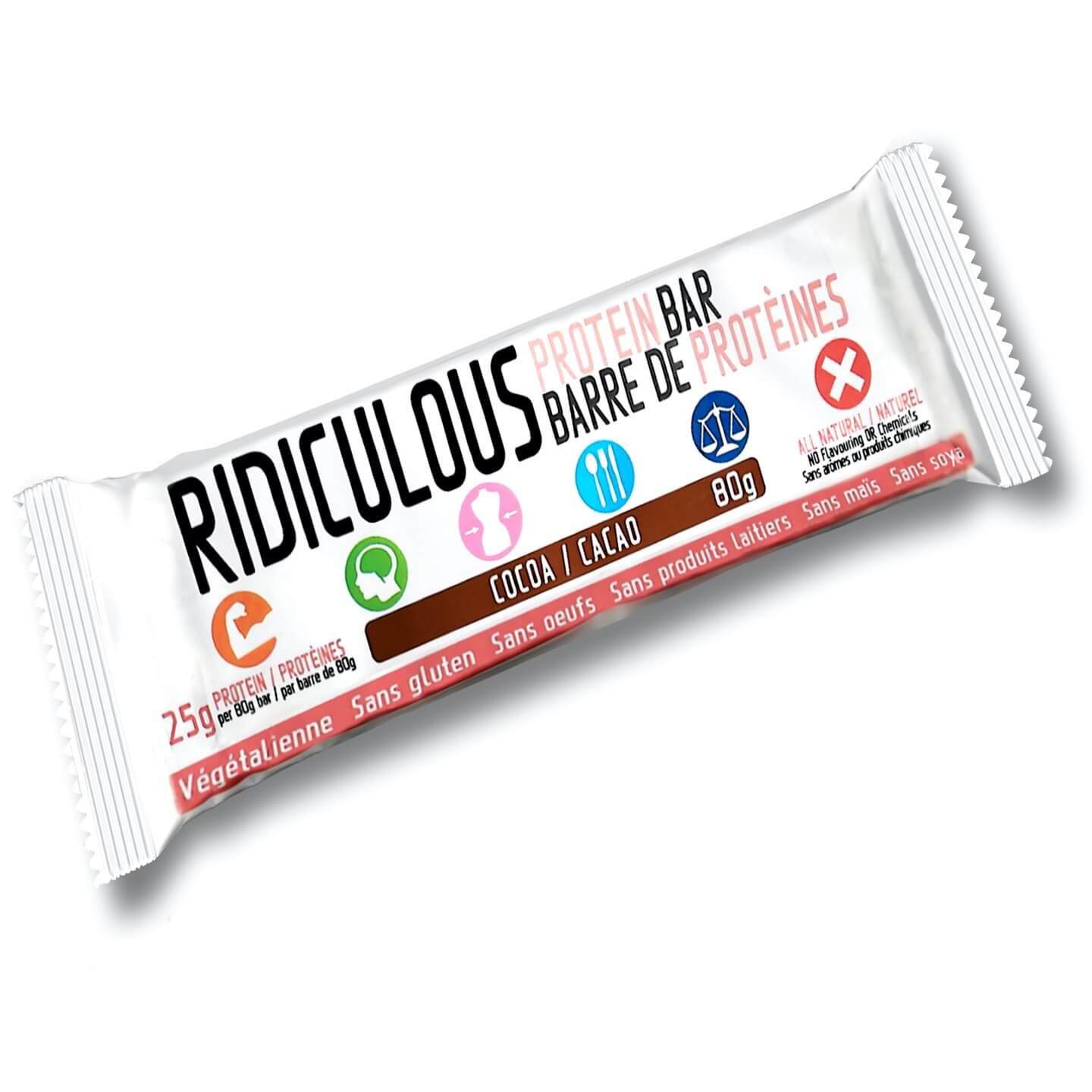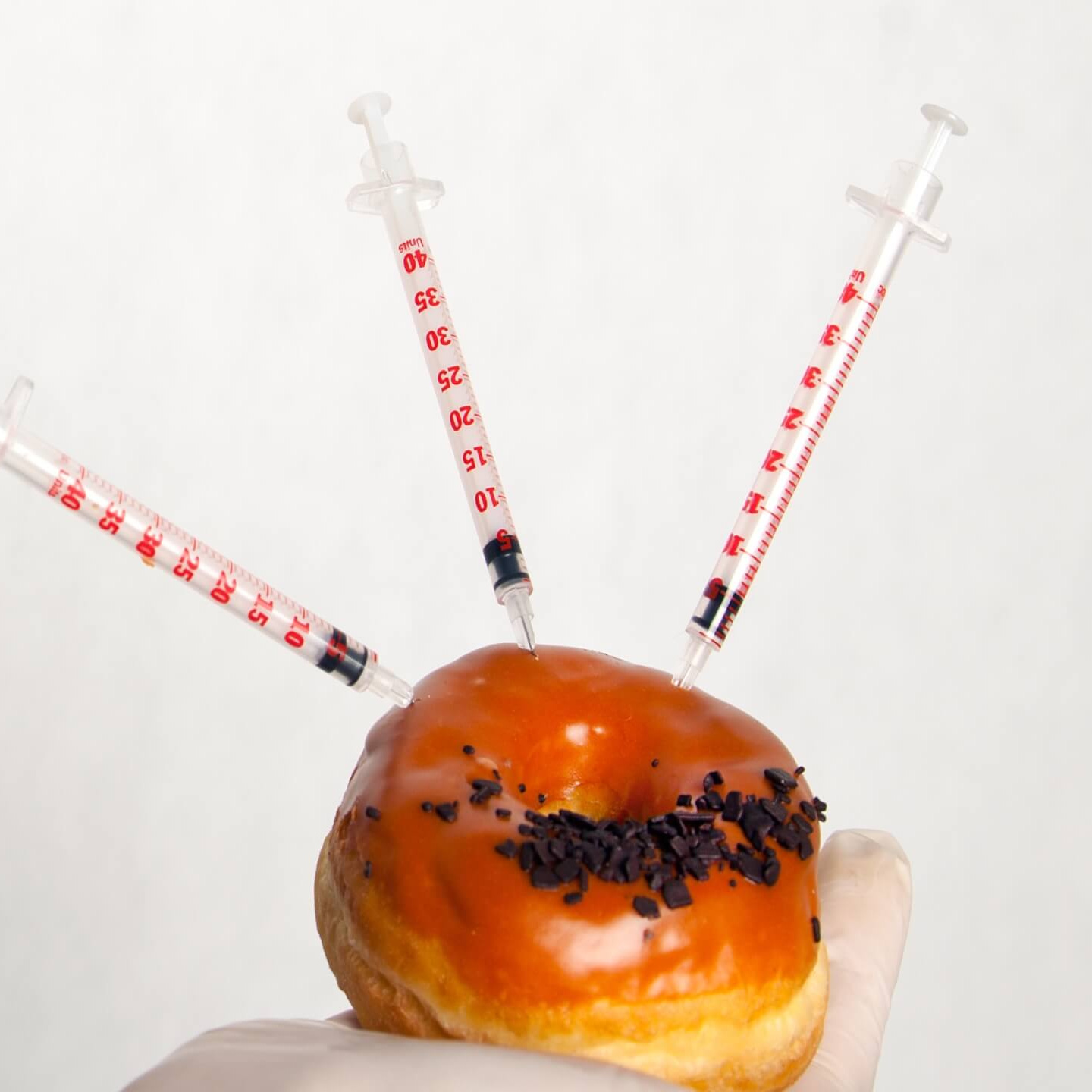Home »
Popular Posts
Confused about Coffee? The Good, Bad & Ugly about Caffeine & this BitterSweet Beverage
The GOOD: Health Benefits of Coffee (Caffeine)
Source of Antioxidants
Coffee intake accounts for a richer source of antioxidants than fruits & vegetables in the typical North American diet. Up to 70% of your antioxidants may be coming from Coffee. However, roasting coffee beans decreases the antioxidant activity. In fact, dark roasted beans contain the least antioxidants (Yashin et al., 2013). Coffee is a source of Vitamins B1 (thiamin), B2 (riboflavin), B3 (niacin), B5 (pantothenic acid), folic acid, manganese, potassium, magnesium & phosphorus.
Coffee is Nutritious
Brain Function
Coffee is the richest source of caffeine which has shown to improve brain function. Coffee reduces fatigue and increases alertness. Caffeine has stimulant effects on learning, memory, performance and coordination (Nehlig et al., 1992) by improving mood, concentration &, brain function in the short term (Ruxton 2008). This occurs because Caffeine increases your metabolism, heart rate & adrenaline production, leaving you more awake & alert. Unfortunately these desirable effects occur less over time as you build up a tolerance (Holtzman & Finn 1988)
Coffee Makes You Motivated & Smart
Brain Protective
Multiple studies underline the neuroprotective effect of Coffee on the brain, reducing the risk of Alzheimer’s Disease by 65% (Arendash & Cao 2010) (Liu et al., 2016) and the risk for Parkinson’s Disease by 32-60% (Ascherio et al., 2001).
More Coffee, Less Alzheimer’s
Cancer Prevention
Studies have found that Coffee consumption lowers risk in various cancers including Kidney Cancer (Lee JE et al. 2007), Colon & Rectal Cancer (Lee KJ et al., 2007) and Liver Cancer (Kennedy et al., 2017) & Liver Cirrhosis (Freedman et al., 2009). A recent study by Wilson et al. in 2011 found that the non-caffeine components in Coffee have a strong link to lowering risk of the lethal form of Prostate Cancer.
Coffee May Help Prevent Cancer?
Depression & Suicide
A study examined 50,000 American women over 10 years to find that increased coffee intake was linked with reduced depression risk of 20%. This was not the case with decaffeinated coffee (Lucas et al., 2011). A dose of 300 mg/day of Caffeine or 2 cups/day of Coffee was also associated with a 45% lower risk of suicide (Lucas et al., 2014).
Coffee Makes You Happier
Diabetes Type 2
Although both caffeinated Coffee & decaf lower the risk of Diabetes Type 2, the effect of decaf is markedly lower. A higher Coffee intake was shown to further reduce the risk of Diabetes Type 2. In fact, for caffeinated Coffee, 1 – 5 cups daily is associated with a reduction in risk of 8-26% respectively (Ding et al., 2014). The antioxidants in Coffee that prevent Cancer also play a role in affecting sugar absorption, which slows the release of sugar in the bloodstream after eating, improving insulin resistance.
Diabetics: Coffee Lowers Blood Sugar
The BAD: BitterSweet Poison if You’re Sick of Being Sick
If you worry about any of the following health concerns, you may want to reassess your relationship with Coffee & Caffeine.
Addiction & Withdrawal Symptoms
Daily consumption of Caffeine tends to have an addictive effect of overstimulating your nervous system, exhausting your adrenal glands and leading to withdrawal symptoms when the Caffeine is not consumed. Withdrawal symptoms include anxiety, tiredness, sleepiness in the day, headaches, difficulty concentrating & indigestion. Caffeine also causes related addictions for carbs, fat & sugar due to its effect on blood sugar. When your body doesn’t feel the effects of Caffeine, it means you’ve become tolerant. Additionally, if you stop Caffeine and you experience withdrawal symptoms, it’s a classic sign of addiction.
Caffeine: Where’s My Fix?
Adrenal Fatigue
Excessive adrenal activity manifests as abdominal fat gain, high blood pressure, anxiety, depression and elevated blood sugar and cholesterol levels. Prolonged Caffeine use simulates stress. Such chronic stress has a profound impact on many organ systems, especially the heart, blood vessels, adrenals and immune system. Adrenal exhaustion causes the individual to feel ‘stressed out’, fatigued and become prone to allergies.
Eventually Caffeine Makes You Exhausted
Anemia
Coffee (Caffeine) prevents the absorption of iron and other vitamins.
Coffee Blocks IRON Absorption
Anxiety, Fatigue & Irritability
Coffee drinkers urinate out high levels of a serotonin component (5-HIA) leading to lower serotonin levels causing you to be wired, tired, irritable & over-caffeinated. Certain doses, which vary individually, depending on your sensitivity and liver function, inhibit production of the happy hormone, serotonin. Thus, intolerable doses will trigger anxiety, insomnia, fast breathing and heart rate.
Coffee: Wired But Tired Anyone?
Autoimmune Diseases
In autoimmune diseases, the immune system confuses the tissues of the body as foreign, and attacks them. Autoimmune diseases mean that the body has been stressed enough to trigger the negative expression of one’s genetics. These stressors may come in the form of mental, emotional and physical forms. Physical stressors may include food allergies, toxins, drugs, caffeine, bacteria or viruses. The pathway of damage of autoimmune diseases is inflammation, which results in the destruction of various body tissues, abnormal growth of the organ and/or changes to its function. Caffeine has been shown to increase inflammation by 54% (Zampelas et al., 2004) even in healthy people.
Caffeine Aggravates Autoimmune
Caffeine Sensitivity
If you find you are sensitive to the stimulant effects of caffeine, you should avoid it. This means even small amounts may cause anxiety, restlessness, jitteriness, sleep difficulties, and heart racing. This is also a sign of an altered liver detox function (lowered CYP1A2 enzyme function). CYP1A2 is lowered in women, the elderly, pregnancy, those taking hormones (estrogen) such as the birth control pill or hormone replacement therapy.
Hormones Sensitize You to Caffeine
Cancer of Urinary Tract (Wu et al., 2015)
Candidiasis, Yeast & Mold Allergy
Dealing with a yeast infection in the blood requires a healthy immune system. Avoid Caffeine in those with systemic yeast infections (in the blood) is critical, as Caffeine depletes the body of many nutrients including inositol, biotin, vitamin B1, zinc & potassium. Also, Caffeine prevents the absorption of iron & calcium. Caffeine alters your gut microbiome, as even one cup of caffeinated coffee destroys 75% of your good bacteria, which aggravates yeast overgrowth (Candida).
Caffeine Empowers Candida (Yeast)
Constipation
Coffee (Caffeine) has an initial laxative effect, increasing the magnesium lost, which ultimately can cause constipation.
Even Your Bowels Become Addicted
Dysbiosis
Coffee (Caffeine) promotes an imbalance of gut bacteria, called dysbiosis, by destroying your good bacteria (probiotics). The war within your gut determines your health, as declining levels of “good” bacteria allow overgrowth of harmful bacteria (C.difficile, Salmonella, E.coli), yeast (Candidiasis) & parasites to damage your gut (Leaky Gut Syndrome) & health overall.
Caffeine Destroys Your Gut Bacteria
Food Allergies
Gut bacterial balance (microbiome) plays a critical role in regulating intestinal permeability per Kelly 2015. Coffee (Caffeine) causes inflammation & negative microbiome changes causing Leaky Gut Syndrome, and leads to overgrowth of bad bacteria, yeast & fungi which can enter the body through the leaky gut causing systemic yeast infection (Candidiasis). This intestinal barrier dysfunction means more allergens enter through the leaky gut, triggering more inflammation, which perpetuates the vicious cycle including the development of more food allergies, per Perrier 2011.
Caffeine Promotes Food Allergies
Gastro-Esophageal Reflux (GERD) & Heartburn
Coffee (Caffeine) increases heartburn & reflux, but less so with decaffeinated coffee. Studies show that it’s other aspects of coffee, rather than caffeine which aggravates the acidity (Wendl et al., 1994)
AVOID Caffeine with GERD
Heart Disease
Coffee (Caffeine) increases inflammation & blood pressure, while depleting crucial minerals like magnesium & potassium, causing irregularities in heart function.
Caffeine Causes Poor Heart Function
Heart Palpitations, Arrhythmias, Atrial Fibrillation
Coffee (Caffeine) depletes crucial minerals like magnesium & potassium, causing irregularities in heart function
Arrhythmias & AFib Should Avoid Caffeine
Inflammation
Coffee (Caffeine) has been shown to increase inflammation by 54% (Zampelas et al., 2004) even in healthy people.
Caffeine is Inflammatory
Irritable Bowel Syndrome (IBS)
Coffee (Caffeine) increases the muscle contractions in the bowels, creating an initial laxative effect, increasing the magnesium lost, which ultimately can cause constipation. Forty percent of those with IBS find that Caffeine is a trigger for symptoms, while 33% find Coffee (Caffeine) causes diarrhea and other IBS symptoms after avoidance (Simrén et al., 2001).
Caffeine Irritates Your Bowels
Leaky Gut Syndrome
Coffee (Caffeine) causes inflammation & negative microbiome changes causing Leaky Gut Syndrome, and leads to overgrowth of bad bacteria, yeast & fungi which can enter the body through the leaky gut causing systemic yeast infection (Candidiasis). This intestinal barrier dysfunction means more allergens enter through the leaky gut, triggering more inflammation, which perpetuates the vicious cycle including the development of more food allergies, per Perrier 2011.
Caffeine Undermines Your Gut Health
Metabolic Syndrome
(Adominal Fat, Obesity, Diabetes, Heart Disease)
Caffeine Increases Belly Fat
Muscle Cramps
Coffee (Caffeine) depletes crucial minerals causing heart arrhythmias, palpitations & muscle cramps
Caffeine Depletes Your Mineral Status
Nutrient Deficiencies
Coffee (Caffeine) depletes crucial minerals like magnesium & potassium, causing irregularities in heart function. Coffee (Caffeine) depletes the body of many nutrients including inositol, biotin, vitamin B1, zinc & potassium. Also, Coffee (Caffeine) prevents the absorption of iron & calcium.
Caffeine Worsens Nutrient Deficiencies
Osteopenia & Osteoporosis, Bone Fractures
Ten studies were analyzed to find a 3.5% higher fracture risk for even one cup of coffee a day. The more you drink, the higher the risk (Liu et al., 2012).
Fragile Bones Should Avoid Caffeine
Pregnancy
Coffee (Caffeine) intake in pregnancy may lead to low birth weight, stillbirths, and pre-term births.
Caffeine Affects Your Baby’s Health
Prescription Medications
Coffee (Caffeine) affects liver function & drug metabolism causing poor absorption of medications such as levothyroxine (thyroid) and antidepressants.
Caffeine Interferes with Medications
Psychosis & Mental Health Issue
Coffee (Caffeine) use leads to symptoms overlapping with psychiatric disorders, by affecting chemical receptors that worsen psychosis. Coffee (Caffeine) aggravates sleep and anxiety. (Winston et al., 2005)
Caffeine Worsens Mental Health
Sleep Issues
Coffee (Caffeine) is a stimulant often used to mentally rejuvenate ourselves. It wakes us up in the morning and revives us in the afternoon. It does this by blocking the chemical that makes us sleepy, adenosine. The problem is that continual indulgence in Caffeine creates a rebound daytime sleepiness that can be dangerous and counterproductive (Snel & Lorist 2011).
Daily use of Caffeine creates a tolerance so its effect is less pronounced and eventually even more Caffeine will not recreate the previous wakefulness & alert feelings. One study showed Caffeine did not help alertness after the fourth day of sleep restriction (Doty et al., 2017).
Caffeine has various effects on sleep including difficulty falling asleep, less deep restorative sleep and less total sleep time. One study demonstrated that 400 mg of Caffeine, equivalent to a double espresso, taken 6 hours before bed impacted the body clock, reducing sleep length by one hour. Since the elderly have lower liver detox function, this effect is more intense (Drake et al., 2013).
Caffeine Disrupts Your Sleep
Toxicity of Coffee
Acrylamide
Coffee intake exposes you to cancer-causing Acrylamide, which occurs when coffee beans are roasted
Mold
Coffee is a one of the highest sources of mold toxins (mycotoxins). One study showed that 92% of coffee beans are contaminated with mold (Martins et al., 2003). These mycotoxins are linked to brain damage, heart disease, high blood pressure, cancer & kidney disease. This is why coffee tastes bitter and requires sugar. Coffee blends are worse, as cheap moldy coffee beans are mixed from multiple places, increasing the amount of mycotoxins. Decaf beans are more moldy as caffeine protects the coffee beans from insects & fungus (mold). Decaf coffee is shown to be higher in mycotoxins. (Studer-Rohr et al., 1995)
Pesticides
Coffee is one of the most sprayed crops, which means the coffee bean is chock full of pesticides. The pesticides are supposed to be burnt off during roasting, but this is not the case. Organic coffee is supposed to be better as it does not have the toxic pesticides & solvents, but this means it has more mycotoxins from molds that can attack the more vulnerable organic coffee bean. The good news is the roasting process can kill molds but not the ochratoxins, which are what cause more bitterness in coffee and result in negative effects like a racing heart and jittery feelings.
Coffee is Quite Toxic Unless Organic
The UGLY: The High, Crash & Addiction of Coffee (Caffeine)
The High of Coffee (Caffeine)
The high of Coffee (Caffeine) works by stimulating your central nervous system, causing your adrenal glands to secrete stress hormones, including adrenaline & cortisol. The energizing feeling of being able to conquer the world, with the utmost clarity of mind, is the good part of caffeine. You are triggering the release of the adrenaline, the fight-or-flight hormone, necessary for life-threatening scenarios. Adrenaline elevates your heart rate, breathing and blood pressure so you can cope with the “emergency”. The effects from the stress hormones can last up to 18 hours in your system. Chronic intake of Coffee (Caffeine) can lead to or worsen Adrenal Fatigue.
Conquering the World on Caffeine
The Jolt of Coffee (Caffeine)
Coffee (Caffeine) also blocks your sleepy chemical, adenosine, from acting in the body, increasing all the feel-good chemicals. This is why you feel wide awake and alert after caffeine. Certain doses, which vary individually, depending on your sensitivity and liver function, inhibit production of the happy hormone, serotonin. Thus, intolerable doses will trigger anxiety, insomnia, fast breathing and heart rate. Regular Coffee (Caffeine) use at your intolerable dose can lead to Caffeine Toxicity. If you suffer from any of these symptoms you should consider avoiding all forms of caffeine.
Too Much of a Good Thing
Caffeine Toxicity
Caffeine Toxicity manifests as:
- Nervousness
- Irritability
- Restlessness
- Rambling Speech/Thoughts
- Insomnia
- Headaches
- Heart Racing, Palpitations, Heart Arrhythmias
- Tinnitus (Ringing in the Ears)
- Increased Sensitivity To Pain/Touch
- Abdominal Pain
- Nausea, Vomiting
- Dehydration
- Frequent Urination
- Muscle Twitching, Trembling
- Seizures
The Crash of Coffee (Caffeine)
The Crash of Coffee (Caffeine) comes when the brain adapts to the Caffeine. Your brain increases the binding sites of the sleepy chemical adenosine, because you are supposed to be sleeping to heal. Your body is trying to protect you so it makes you more sensitive to the sleepy chemical adenosine. On waking the next day, you feel groggy because you are full of more adenosine than usual. Daily use of Caffeine creates a tolerance so its effect is less pronounced and eventually even more Caffeine will be required to recreate the previous wakefulness & alert feelings. One study showed Caffeine did not help alertness after the fourth day of sleep restriction (Doty et al., 2017). Continual indulgence in Coffee (Caffeine) creates a rebound daytime sleepiness that can be dangerous and counterproductive (Snel & Lorist 2011).
The Zombie Effect of Caffeine
The Addiction of Coffee (Caffeine)
The Addiction to Coffee (Caffeine) is a vicious cycle, because now you MUST consume Caffeine to overpower all the extra sleepy chemical adenosine. Now the jolt you are feeling from caffeine isn’t stimulating you, it’s just to bring you to back to life. Within seven (7) days, the Caffeine Addiction will plague you, as now you will be lining up for that latte as your drug fix, to cure the dreaded caffeine withdrawal symptoms, rather than to “stimulate” you.
Chasing the Drug High
I see the horror on patients’ faces daily, as I recommend a temporary holiday from Coffee (Caffeine) during their detox & healing phase. I know some patients feel it’s life threatening when they don’t get their Coffee (Caffeine)!
You Want Me to What?!!
Get Off the Coffee (Caffeine) Rollercoaster
It may be the rich aroma & flavour for some, or the energy & clarity spike for others. Why do we ever partake in this global ritual? It’s a recipe for disaster. A common setup for the average patient that I see, whether sixteen or sixty. No wonder so many patients are sick of being sick! They’re riding the roller coaster of caffeine highs & adrenal lows, and it’s an addictive, never ending ride.
Highs, Lows & Slow Addiction
Patients are too often scared to live life without the energy support they feel caffeine provides. What I want them to realize is that Coffee (Caffeine) is treating their symptoms. We need to determine the causes of their symptoms and treat those. It’s time to get off this scary ride, especially if you are sick, inflamed or in pain, fatigued, depressed, hormonally imbalanced, nutrient deficient, overworked, overwhelmed, stressed or feeling toxic!
Sick of Being Sick?
How to Coffee (Caffeine) Detox
If you are serious about getting healthy, you should start your detox by reassessing your Coffee (Caffeine) intake. Remember Caffeine is present in many forms, including coffee, chai tea, black tea, green tea, white tea, soda pop and certain alcohols. Decaffeinated beverages still have approximately 20 – 30% Caffeine. The decaffeination process involves rinsing coffee beans with chemical solvents continually until a small percentage of Caffeine remains. Many health benefits of Coffee do not apply to the decaffeinated version. The other issue that counteracts the beneficial effects of Coffee is the addition of sugars, artificial sweeteners or creamers & flavours chock full of chemicals.
The Many Masks & Disguises of Caffeine
Caffeine the BitterSweet Poison: Rehab & the Road to Recovery
The Rehabilitation process of stopping Coffee (Caffeine) can be difficult for some. It includes weathering the withdrawal symptoms, which is a common reason why people are afraid to discontinue this addictive yet glorious beverage. These symptoms include headache, irritability, difficulty concentrating, drowsiness, insomnia, stomach pain, body and joint pain, depression, anxiety, nausea, vomiting and cravings.
I promise that once the detox-withdrawal period is over, you will actually feel better without caffeine, as you work with your Naturopathic Physician to address your underlying causes of fatigue, brain fog &/ lack of motivation.
Treat the Cause of Your Tiredness
During this Rehab & Recovery phase that you are embarking on, I would recommend you to avoid all liquids except for water. This means that you are to avoid all liquid beverages including coffee, tea, decaffeinated coffee, decaffeinated tea, green tea, herbal tea, juice, pop, alcohol (beer, wine, spirits & liqueurs) and chocolate, as all of these may compromise your detox. Milks of any kind are considered food, which is okay to consume as per your usual diet.
Avoiding all forms of Caffeine is crucial during your detox to take the burden off the liver. The liver is in charge of dealing with toxins and will be working more during your healing phase, as you detoxify your body from the Caffeine. Don’t forget to drink extra water to flush out your liver during your caffeine detox, to minimize withdrawal symptoms.
Water Helps to Weather Withdrawals
Caffeine intake that is regular and frequent (or not, depending on your liver function) dictates overuse, and this exhausts your adrenals. In fact, if you’re not as sensitive to Caffeine as you used to be, or you can drink Coffee (Caffeine) and go straight to sleep, not only are your adrenals BURNT OUT, but your liver enzymes may be affected also. This means you can’t cope with stress as well, whether mental, emotional, physical or environmental.
Many patients that enjoy long term health realize LIFE after CAFFEINE Addiction, careful to avoid sliding down that slippery slope again.
Good Luck!
References
Arendash GW, Cao C. Caffeine and coffee as therapeutics against Alzheimer’s disease. Journal of Alzheimer’s Disease. 2010 Apr 14;20(s1):S117-26.
Ascherio A, Zhang SM, Hernán MA, Kawachi I, Colditz GA, Speizer FE, Willett WC. Prospective study of caffeine consumption and risk of Parkinson’s disease in men and women. Annals of Neurology. 2001 Jul 1;50(1):56-63.
Brice CF, Smith AP. Effects of caffeine on mood and performance: a study of realistic consumption. Psychopharmacology. 2002 Nov 1;164(2):188-92.
Ding M, Bhupathiraju SN, Chen M, van Dam RM, Hu FB. Caffeinated and decaffeinated coffee consumption and risk of type 2 diabetes: a systematic review and a dose-response meta-analysis. Diabetes Care. 2014 Feb 1;37(2):569-86.
Doty TJ, So CJ, Bergman EM, Trach SK, Ratcliffe RH, Yarnell AM, Capaldi VF, Moon JE, Balkin TJ, Quartana PJ. Limited Efficacy of Caffeine and Recovery Costs During and Following 5 Days of Chronic Sleep Restriction. Sleep. 2017 Oct 5;40(12):zsx171.
Drake C, Roehrs T, Shambroom J, Roth T. Caffeine effects on sleep taken 0, 3, or 6 hours before going to bed. Journal of Clinical Sleep Medicine: JCSM: official publication of the American Academy of Sleep Medicine. 2013 Nov 15;9(11):1195.
Freedman ND, Everhart JE, Lindsay KL, Ghany MG, Curto TM, Shiffman ML, Lee WM, Lok AS, Di Bisceglie AM, Bonkovsky HL, Hoefs JC. Coffee intake is associated with lower rates of liver disease progression in chronic hepatitis C. Hepatology. 2009 Nov 1;50(5):1360-9.
Holtzman SG, Finn IB. Tolerance to behavioral effects of caffeine in rats. Pharmacology Biochemistry and Behavior. 1988 Feb 1;29(2):411-8.
Kelly JR, Kennedy PJ, Cryan JF, Dinan TG, Clarke G, Hyland NP. Breaking down the barriers: the gut microbiome, intestinal permeability and stress-related psychiatric disorders. Frontiers in Cellular Neuroscience. 2015 Oct 14;9:392.
Kennedy OJ, Roderick P, Buchanan R, Fallowfield JA, Hayes PC, Parkes J. Coffee, including caffeinated and decaffeinated coffee, and the risk of hepatocellular carcinoma: a systematic review and dose–response meta-analysis. British Medical Journal: BMJ open. 2017 May 1;7(5):e013739.
Lee JE, Hunter DJ, Spiegelman D, Adami HO, Bernstein L, Van Den Brandt PA, Buring JE, Cho E, English D, Folsom AR, Freudenheim JL. Intakes of coffee, tea, milk, soda and juice and renal cell cancer in a pooled analysis of 13 prospective studies. International Journal of Cancer. 2007 Nov 15;121(10):2246-53.
Liu H, Yao K, Zhang W, Zhou J, Wu T, He C. Coffee consumption and risk of fractures: a meta-analysis. Archives of Medical Science: AMS. 2012 Nov 9;8(5):776.
Liu QP, Wu YF, Cheng HY, Xia T, Ding H, Wang H, Wang ZM, Xu Y. Habitual coffee consumption and risk of cognitive decline/dementia: A systematic review and meta-analysis of prospective cohort studies. Nutrition. 2016 Jun 1;32(6):628-36.
Lucas M, Mirzaei F, Pan A, Okereke OI, Willett WC, O’Reilly ÉJ, Koenen K, Ascherio A. Coffee, caffeine, and risk of depression among women. Archives of Internal Medicine. 2011 Sep 26;171(17):1571-8.
Lucas M, O’Reilly EJ, Pan A, Mirzaei F, Willett WC, Okereke OI, Ascherio A. Coffee, caffeine, and risk of completed suicide: results from three prospective cohorts of American adults. The World Journal of Biological Psychiatry. 2014 Jul 1;15(5):377-86.
Martins ML, Martins HM, Gimeno A. Incidence of microflora and of ochratoxin A in green coffee beans (Coffea arabica). Food Additives and Contaminants. 2003 Dec 1;20(12):1127-31.
Nehlig A, Daval JL, Debry G. Caffeine and the central nervous system: mechanisms of action, biochemical, metabolic and psychostimulant effects. Brain Research Reviews. 1992 May 1;17(2):139-70.
Perrier C, Corthesy B. Gut permeability and food allergies. Clinical & Experimental Allergy. 2011 Jan 1;41(1):20-8.
Ruxton CH. The impact of caffeine on mood, cognitive function, performance and hydration: a review of benefits and risks. Nutrition Bulletin. 2008 Mar 1;33(1):15-25.
Simrén M, Månsson A, Langkilde AM, Svedlund J, Abrahamsson H, Bengtsson U, Björnsson ES. Food-related gastrointestinal symptoms in the irritable bowel syndrome. Digestion. 2001;63(2):108-15.
Snel J, Lorist MM. Effects of caffeine on sleep and cognition. In Progress in Brain Research 2011 Jan 1 (Vol. 190, pp. 105-117). Elsevier.
Studer-Rohr I, Dietrich DR, Schlatter J, Schlatter C. The occurrence of ochratoxin A in coffee. Food and Chemical Toxicology. 1995 May 1;33(5):341-55.
Wendl B, Pfeiffer A, Pehl C, Schmidt T, Kaess H. Effect of decaffeination of coffee or tea on gastro‐oesophageal reflux. Alimentary Pharmacology & Therapeutics. 1994 Jun 1;8(3):283-7.
Wilson KM, Kasperzyk JL, Rider JR, Kenfield S, van Dam RM, Stampfer MJ, Giovannucci E, Mucci LA. Coffee consumption and prostate cancer risk and progression in the Health Professionals Follow-up Study. Journal of the National Cancer Institute. 2011 May 17;103(11):876-84.
Yashin A, Yashin Y, Wang JY, Nemzer B. Antioxidant and antiradical activity of coffee. Antioxidants. 2013 Oct 15;2(4):230-45.
Zampelas A, Panagiotakos DB, Pitsavos C, Chrysohoou C, Stefanadis C. Associations between coffee consumption and inflammatory markers in healthy persons: the ATTICA study. The American Journal of Clinical Nutrition. 2004 Oct 1;80(4):862-7.
This information is for educational purposes only and does not advocate self-diagnosis. Due to individual variability, consultation with a licensed health professional, such as a licensed naturopathic physician is highly recommended, prior to starting a natural treatment plan. For further information, see Terms of our Website.
Follow Dr. Jiwani
Popular Posts

